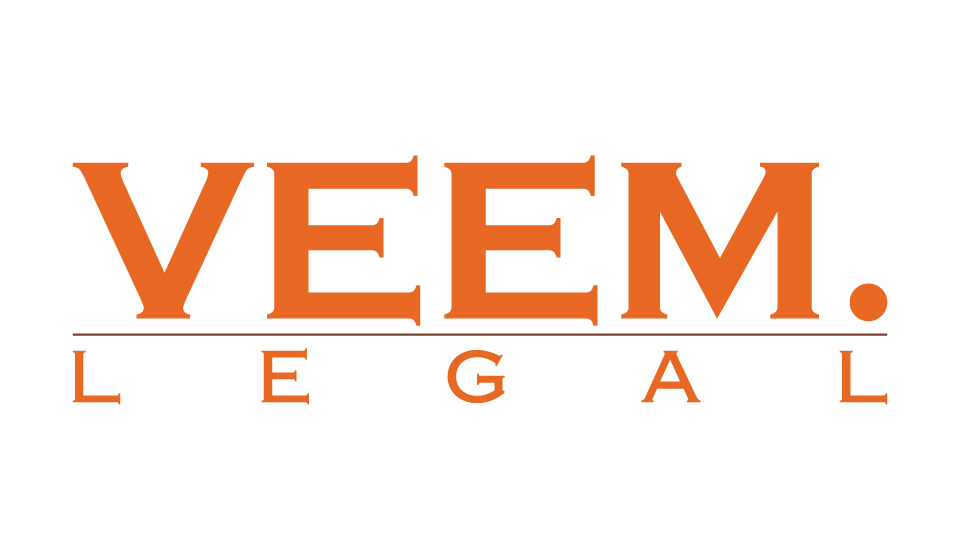 Does an electronic signature have the same legal effects as a hand-written signature under Dutch law ?
Does an electronic signature have the same legal effects as a hand-written signature under Dutch law ?
Electronic signatures are increasingly used in trade, but also in daily life. The biggest and most obvious benefits are the saving of time, money and paper. Thanks to the electronic signature you can easily and quickly place a signature under a contact. After placing the signature, you can easily send the contract via email, instead of by post. All this ensures that the process of signing a contract is done efficiently.
Digital signatures, which are also called electronic signature, is a digital variant of a handwritten signature. Digital data from the signature are linked to, for example, e-mails or a Word or PDF document. Sometimes such a signature is a scanned version of someone’s handwritten signature, but you can also make your signature digitally yourself using special software.
The question is if an electronic signature always has the same legal effects under Dutch law as a handwritten signature. On 14th June 2019 the Supreme Court of the Netherlands answered this question and explained several types of electronic signatures and their requirements in its judgment.
Considerations and judgment of the Dutch Supreme Court
The Dutch Civil Code has determined under which circumstances an electronic signature has the same legal effects as a handwritten signature. It assumes the existence of a general standard, which means that an electronic signature must always be regarded as legally equivalent to a handwritten signature if, given all circumstances of the case, it performs the same functions as a handwritten signature with sufficient reliability.
The Dutch Civil Code – in accordance with applicable European regulations (hereinafter: the eIDAS Regulation) distinguishes between a qualified electronic signature, an advanced electronic signature and another electronic signature.
A qualified electronic signature refers to data in electronic form that are attached to or logically linked to other data in electronic form and that are used by the signatory to sign.
An advanced electronic signature is an electronic signature that meets the requirements set in eIDAS Regulation. The eIDAS Regulation requires that the advanced electronic signature is:
(a) uniquely connected to the signatory;
(b) allows identification of the signatory;
(c) is created with data for creating electronic signatures that the signatory, with a high level of trust, can use it under its exclusive control; and
(d) is connected to the data signed with it in such a way that any subsequent changes to the data can be traced.
An qualified electronic signature is an advanced electronic signature created with a qualified electronic signature creation tool and based on a qualified electronic signature certificate.
Conclusion
The Supreme Court has ruled that under Dutch law, a qualified electronic signature has the same legal effects as a handwritten signature.
However, this only applies to the advanced electronic signature and the other types of electronic signatures if the method of signing used is sufficiently reliable in view of the purpose for which the electronic signature is used, taking into account all other circumstances of the case.
If it concerns an electronic signature and investigation shows that it is not an advanced or qualified electronic signature the court is still free to take the signed document into account if the court has been able to establish that the signed document has been signed by the relevant person.
This does not apply to a stamped signature, even if this signature has been placed electronically. After all, a stamped signature can be placed by anyone who has the stamp and therefore it has not the same legal effects as a handwritten signature or qualified electronic signature.
What does this mean for you?
Whenever you aim to enter into a contract with a Dutch counterparty and want to sign electronically, you must ensure that the method of signing is sufficiently reliable for the purpose.
For more information: E: info@veemlegal.nl W: www.veemlegal.nl

